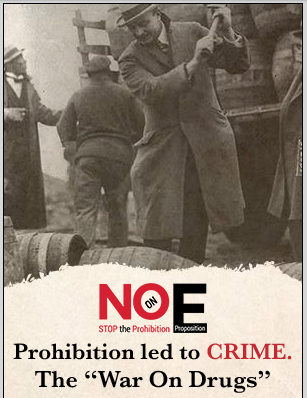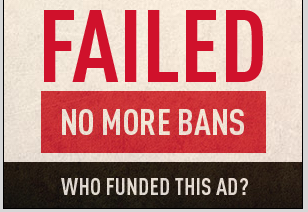April 24, 2018
Recently the FDA issued a new guidance to the tobacco industry rolling back the amount of information that companies selling newly deemed products (e-cigarettes, hookah, and others) have to provide to the FDA. My colleagues and I just submitted this comment to the FDA pointing out the problems with the new guidance and how it will compromise the FDA’s ability to protect the public health. The Regulations.gov tracking number is 1k2-92rz-j3us. A PDF of the comment, which has all the footnotes, is available here.
FDA should revise its new guidance on listing of ingredients in tobacco products to require disclosure of all ingredients that can become toxic during normal use
Lauren K. Lempert, JD, MPH; Suzaynn Schick, PhD; Yogi H. Hendlin, PhD;
Neal L. Benowitz, MD; Peyton Jacob, PhD; Stanton A. Glantz, PhD
University of California San Francisco
April 24, 2018
Docket No. FDA-2009-D-0524
April 19, 2018
The UCSF Industry Documents Library (IDL) is pleased to announce the addition of two new collections to our Chemical Industry Documents Archive. These documents reveal the scientific, legislative, regulatory and public relations activities of the agrichemical industry in defense of its products and profits.
These documents can be searched at the same time as the UCSF Truth Tobacco Industry Documents, making it easier to identify cross-industry connections.
April 18, 2018
I have previously commented on the fact that RJ Reynolds Tobacco’s $3.5 million (so far) campaign to try and repeal San Francisco’s path-breaking new law ending the sale of all flavored tobacco products is a replay of Big Tobacco’s unsuccessful effort to overturn the San Francisco workplace smoking ordinance in 1983.
Now, the tobacco companies are reaching back even further, to their unsuccessful campaign in 1988 to block Proposition 99, California’s landmark tobacco control education and research program. Back then they argued that if the voters increased cigarette taxes there would be a huge increase in crime. Check out their 1988 ads here. (Note that you have to wait for 30 seconds for the color bars to end.)
Then compare them to RJR’s 2018 ads seeking to overturn San Francisco’s flavor ban here.
With all that money, you would think that the tobacco companies could come up with a new idea.
If people want to support the law, vote Yes on Proposition E this June. If you want to overturn it, vote No.
April 16, 2018
My UCSF colleagues and I submitted this public comment to the FDA Nicotine Steering Committee. The tracking number is 1k2-92ml-1zcp . A PDF of the comment (which includes the footnote referencing which is lost in this blog post) is available here and and the two attachments are here and here.
April 12, 2018
Big Tobacco usually brags about all their civic activities as part of their “corporate social responsibility” campaigns designed to convince the public and public policymakers what great citizens they are.
But that’s not the case for RJ Reynolds Tobacco, who so far has single-handedly financed the referendum – Proposition E on the June ballot -- to overturn San Francisco’s prohibition on flavored tobacco products (to the tune of $3.5 million so far). They certainly don’t brag about it on their internet ads like the ones below.



